Talk Overview
Are you reluctant to talk to your mentor about your research? As a trainee in science, one of the most important areas on which to get feedback is your research and research plan. But it can be intimidating or anxiety-producing to talk to your mentor about your science. Whether it’s because you feel lost and unsure of what you are doing, your experiments aren’t going well, or you think your mentor isn’t interested or doesn’t have time for you, the process of talking to your mentor about your research can seem very daunting. Not to worry. In this live Q&A, our expert panelists will address the common challenges that trainees face when talking to their mentors about their science, and how to overcome them. Bring your questions and find out how to make this conversation with your mentor as productive as possible.
Speaker Bio
Harlan Jones
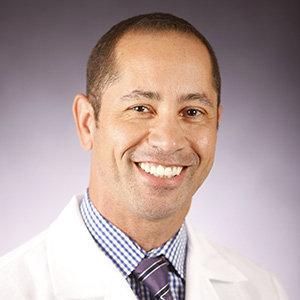
Harlan Jones is Associate Professor of Molecular Medicine and Director of the Center for Diversity and International Programs at the University of North Texas Health Science Center (UNTHSC) in Fort Worth, Texas. Dr. Jones believes strongly in promoting continuing education and professional development for early-stage faculty and fellow colleagues. As such, he has taken a… Continue Reading
Janet Branchaw
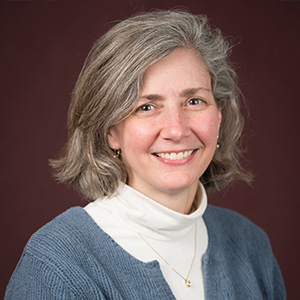
Janet Branchaw is Assistant Professor of Kinesiology and Director of the Wisconsin Institute for Science Education and Community Engagement at the University of Wisconsin–Madison. She also serves as the Associate Director of the NIH-funded Mentor Training Core of the National Research Mentoring Network and chairperson of the Leadership Committee for NSF’s Research Experiences for Undergraduates… Continue Reading
Alexandra Schnoes
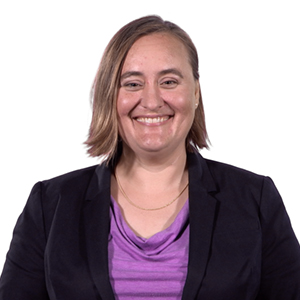
Alexandra brings online career and professional development training to scientists. Prior to joining iBiology in 2016, Alexandra was the founding Program Manager of the UCSF Graduate Student Internships for Career Exploration (GSICE) program, which provides career path education, career planning, career counseling, and internship opportunities to PhD students. She is passionate about biomedical workforce issues,… Continue Reading
Jody Rosenblatt
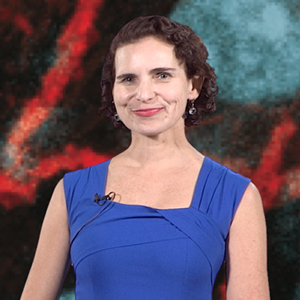
Dr. Jody Rosenblatt received her BA with honors from the University of California, Berkeley and, after a short stint at Chiron Corporation, she moved across the bay to work as a technician with David Morgan at the University of California, San Francisco. Rosenblatt stayed on at UCSF for her PhD where she worked in Tim… Continue Reading
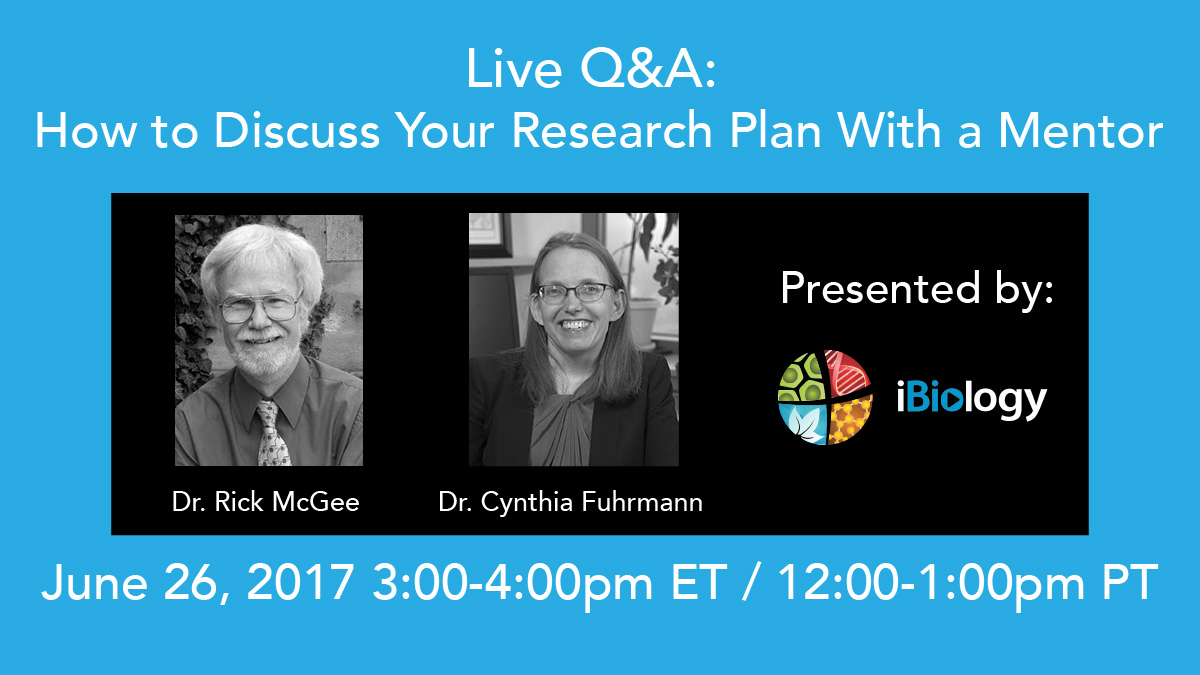
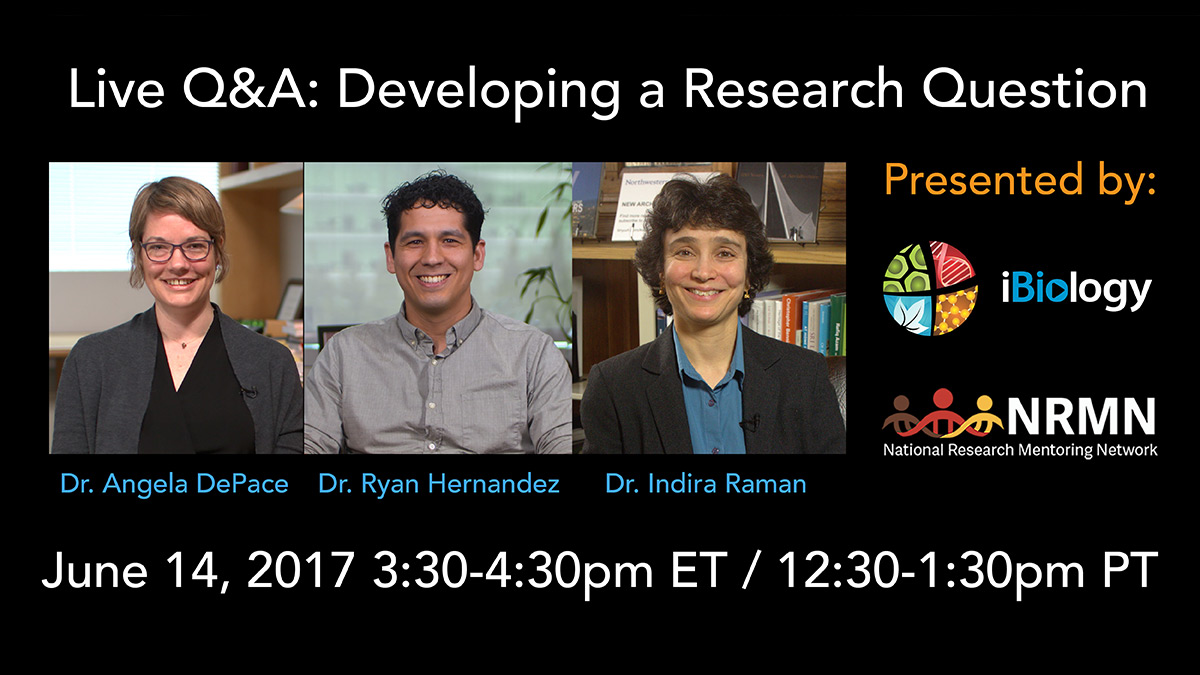
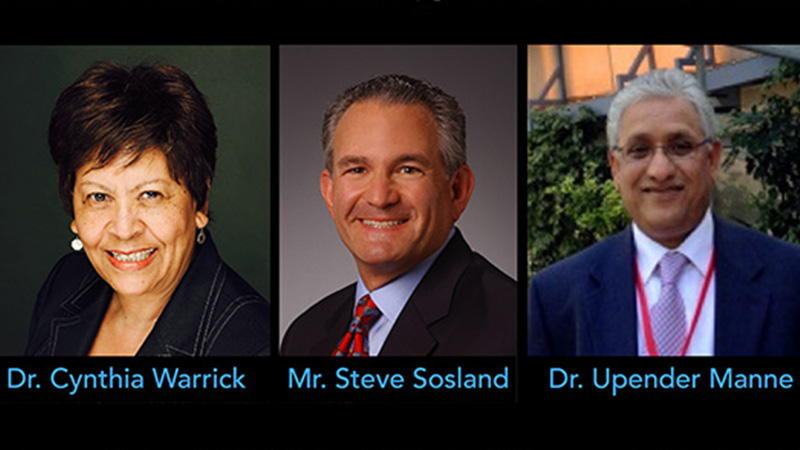
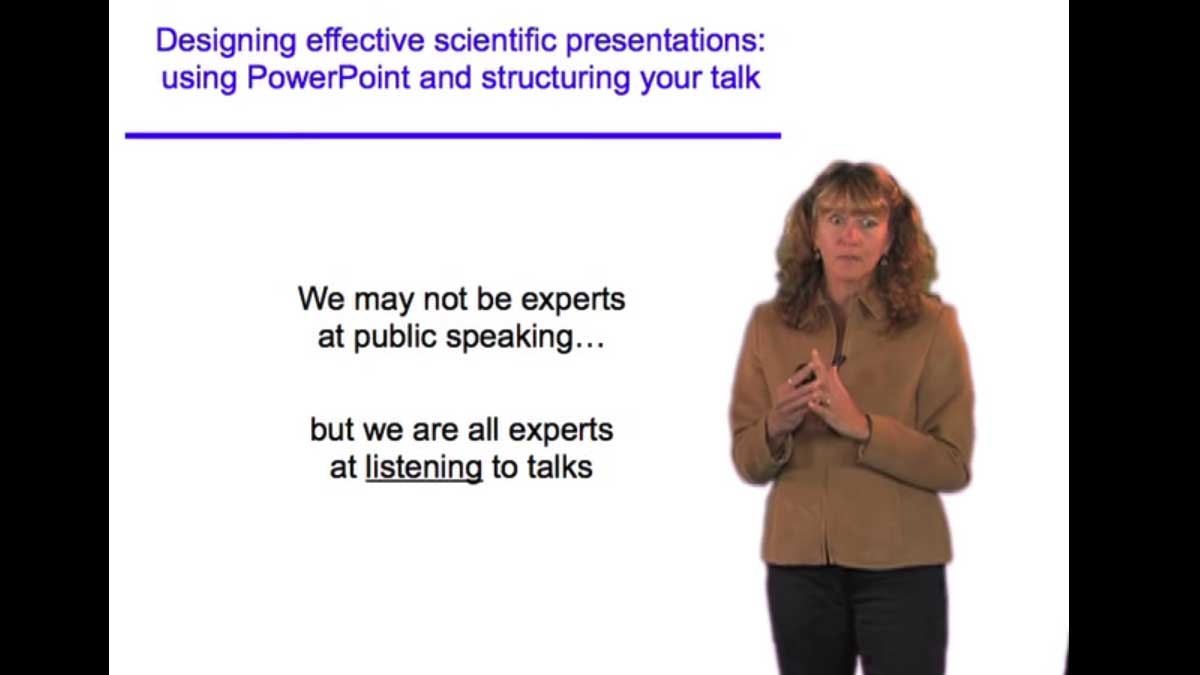
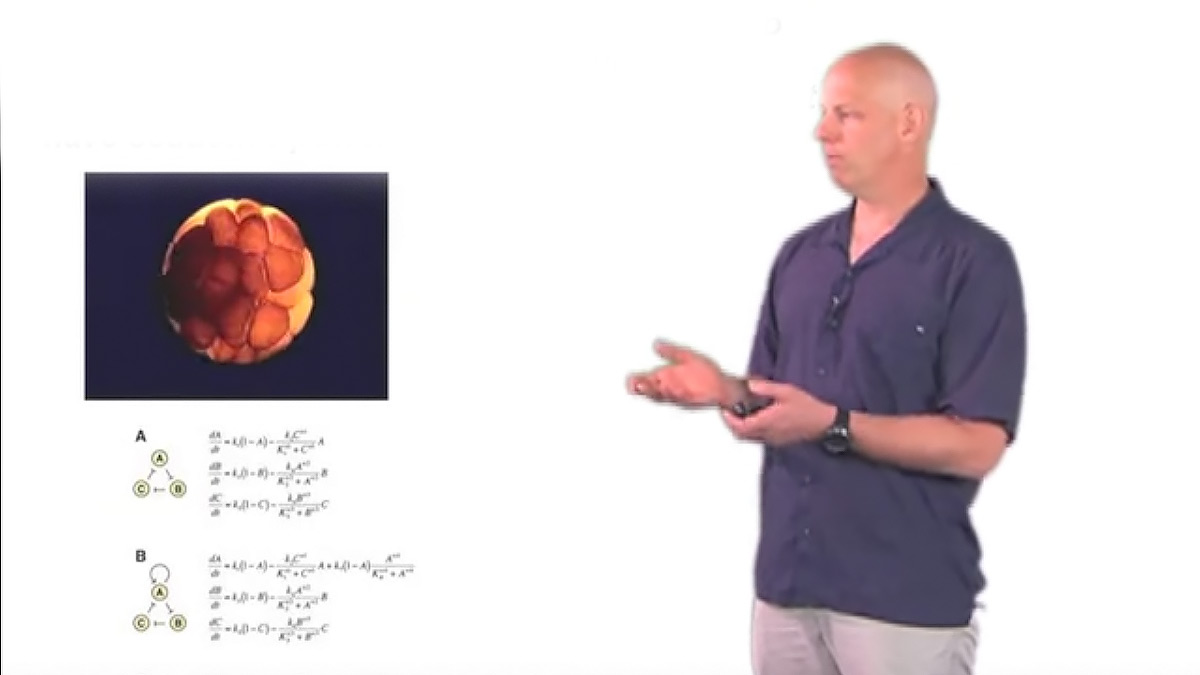
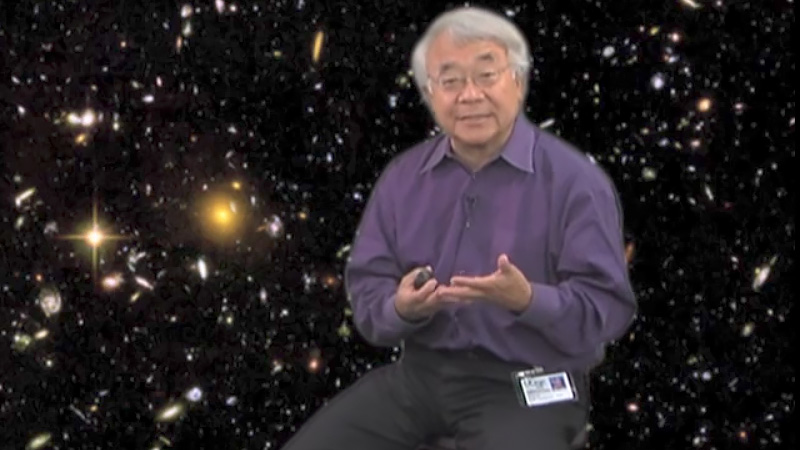
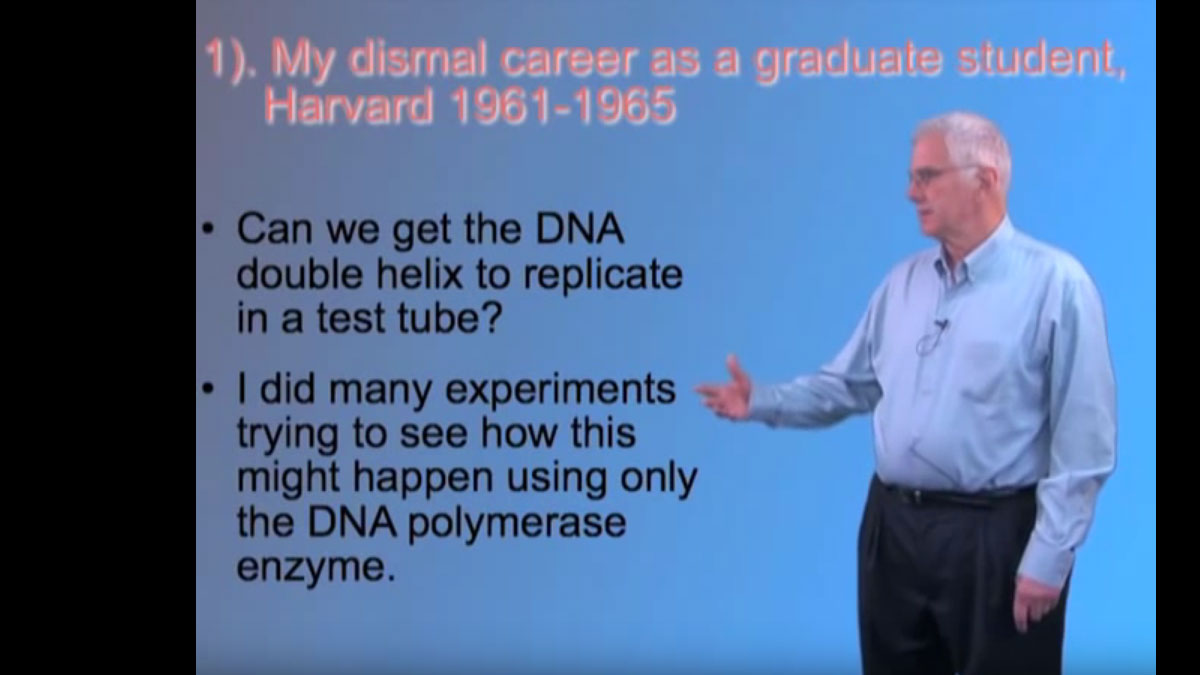




Luciana says
Nice talk, however, I would like to hear the side of students and post-docs about this subject.